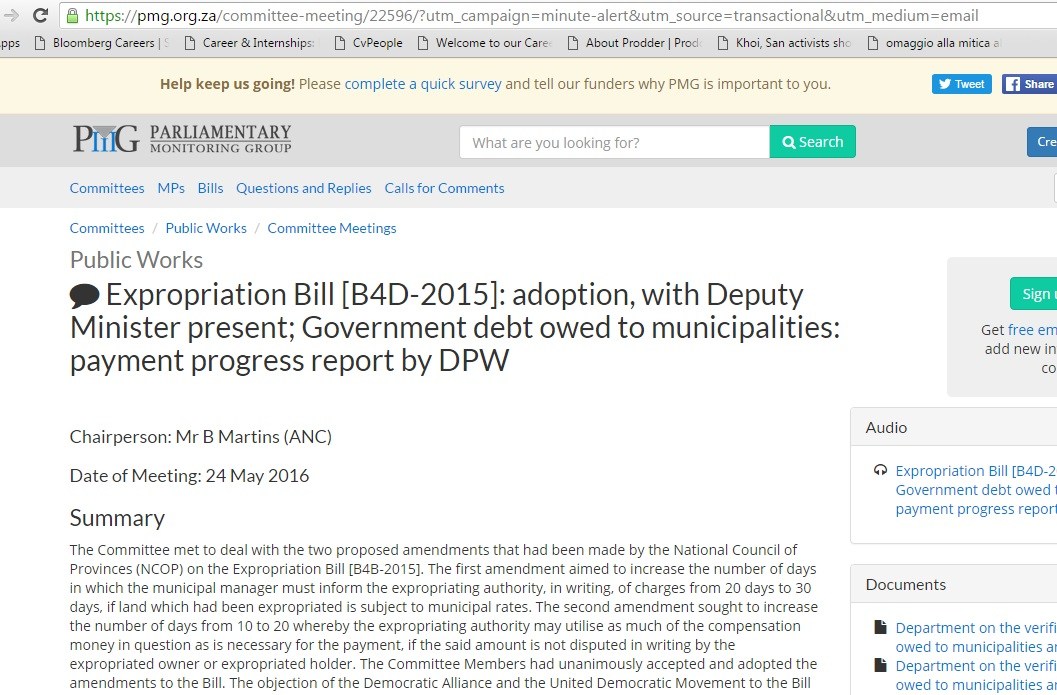Opening Press Conference at the IMF-World Bank Spring Meetings, April 10, 2014
Jim Yong Kim, President of the World Bank Group, notes that the developing countries will have to grow
at a pace stronger than any time in the past 20 years to
achieve the goal of ending the extreme poverty by 2030. He talks about the
need for growth that is inclusive, creates jobs, and assists
the poor directly. He calls for ensuring economic
growth in the years ahead that is sustainable and takes us
off the destructive path of climate change. He focuses on



